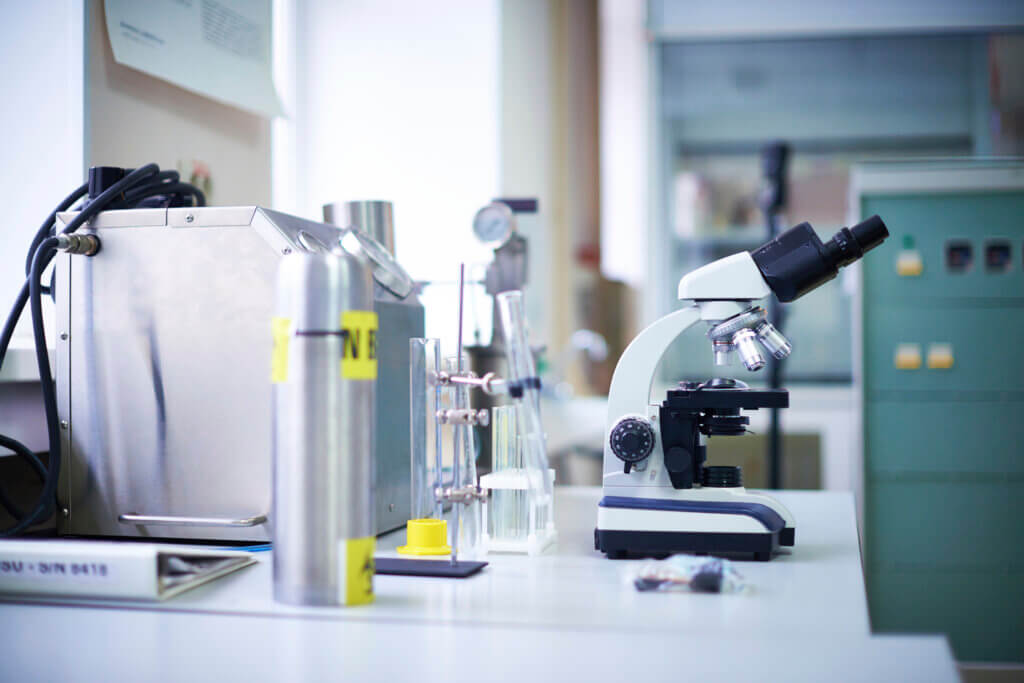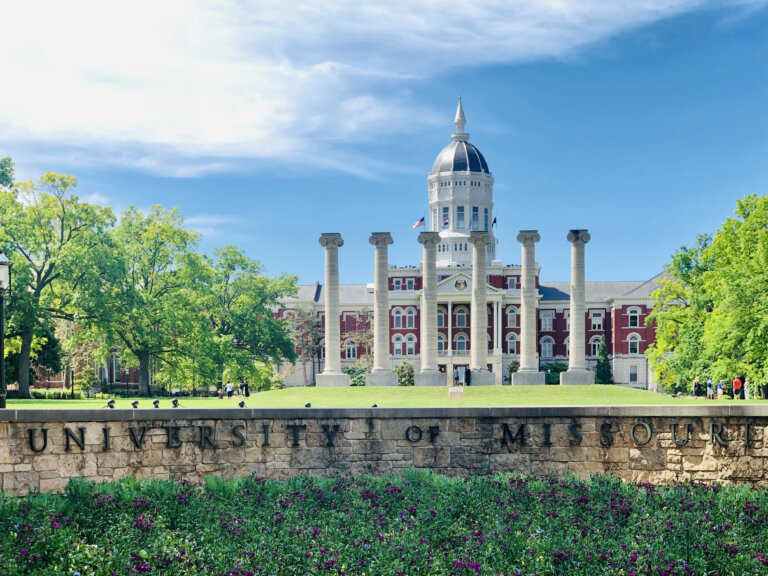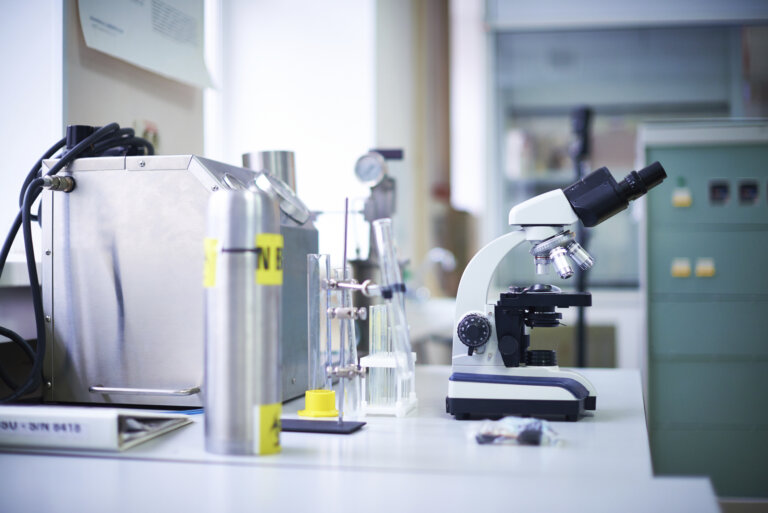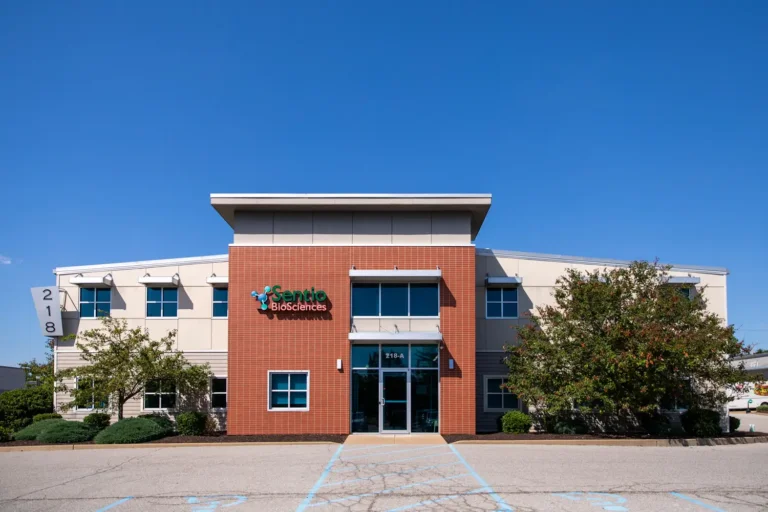From Molecule to Medicine: Why Missouri is the Pharma Hub of the Future
- June 24, 2025

The U.S. pharmaceutical industry is booming — yet only few regions offer a complete end-to-end biopharma ecosystem. The state of Missouri is one of them. With its wealth of life sciences assets and central location, Missouri is uniquely positioned to drive innovation, manufacturing, and distribution for critical medicines at a national scale.
Those strengths are coming to the fore at a time when the demand for domestic pharmaceutical manufacturing is growing and supply chain resilience is top of mind for companies and civic leaders alike. Missouri-based initiatives like the API Innovation Center (APIIC) have risen to the spotlight as key players in the quest to reshore the biomanufacturing value chain.
From research and development to the production of active pharmaceutical ingredients, Missouri is on the frontlines of enhancing the nation’s capacity to address drug shortages and shore up national health security.
Here’s how Missouri is leveraging its close-knit partner networks and leading innovation centers to future-proof the U.S. drug supply chain.
A Statewide Ecosystem Powering the Pharma Supply Chain
Pharmaceutical hubs dot the map across the entire state of Missouri. These nodes connect through both physical infrastructure and links of collaboration, bringing together multiple spheres of life sciences expertise in one dynamic ecosystem.
Kansas City, for example, is a leading national logistics hub for pharmaceutical distribution. Global CDMO Catalent has invested significantly in the city, building a large-scale facility capable of advancing its drug delivery, biologics, and clinical supply chain services.
Then there’s the St. Louis region, home to major research and development assets and APIIC (more on the latter below). St. Louis has given birth to pioneering firms like Sentio BioSciences, which is reshaping the future of biomanufacturing by developing and producing active pharmaceutical ingredients directly in Missouri. Key to the company’s success is its ability to pursue partnerships with APIIC and other regional health and research institutions.
Other Missouri cities like Columbia and Springfield bring vital contributions as well. Columbia, in central Missouri, is home to the Missouri University Research Reactor (MURR). Recently launching a $20 million expansion, the facility has become the nation’s most important source for life-saving medical isotopes and a magnet for domestic and global companies to invest in nuclear medicine. The city of Springfield, home to Missouri State University and its top-notch biomedical sciences programs, offers a vivid example of how state-level and local efforts converge to fuel workforce development in life sciences.
Put together, these regional hubs point to a statewide commitment to creating life-changing pharma innovation, securing drug supply chains and delivering better care to patients. Robust partnership opportunities with local, regional, and state actors, along with educational institutions and innovation centers, create the ideal environment for companies to operate and grow.
Within this landscape, Missouri’s economic development leadership serves as a systems integrator — not just as a promoter of investment. Companies can depend on organizations like Missouri Partnership to connect with collaborative opportunities throughout the state.
API Innovation Center: A Catalyst for Strategic Collaboration
Reshoring production for active pharmaceutical ingredients is key to a viable national health security strategy. It’s an area where Missouri shines, with APIIC as a central player in the story. The nonprofit, located in St. Louis’ Cortex Innovation District, works to connect industry, academia, and government to ensure long-term security and innovation for pharmaceuticals. Through these collaborations, APIIC is reshaping the way we think about domestic drug resilience and manufacturing technology transfer.
As a case in point, APIIC and the University of Missouri–St. Louis (UMSL) recently unveiled a new research and development lab focused on small-molecule APIs. The collaboration has two major aims: to safeguard the nation’s pharmaceutical supply chain and solidify Missouri as a national leader for domestic API production. Equipped with advanced manufacturing technologies, the lab will make major strides in developing and producing critical APIs for a range of medications and treatments used in hospitals.
Funding for APIIC’s collaborative endeavors comes from a variety of sources, including the U.S. Department of Health and Human Services, the Missouri Technology Corporation, the state of Missouri, and UMSL. These diverse funding streams signal a shared vision, focused on investing in Missouri as a premier ecosystem for critical medicines in the United States.
The surge of activity surrounding APIIC also includes its partnerships with companies like Sentio BioSciences and Apertus Pharmaceuticals. APIIC is working with the latter to expand domestic production of high-quality lomustine, used for treating glioblastoma brain cancer.
These efforts are becoming all the more crucial amid the changing trade landscape. Many generic drugs sold in the U.S. rely on foreign-made APIs. Potential new tariffs are likely to increase the price of those drugs. Consequently, the shift to American-made pharmaceuticals and APIs will require a large-scale, concerted effort to bring America’s existing manufacturing capacity up to speed to meet the demands of reshoring drug production. Initiatives from Missouri, led by APIIC, show how it can be done.
Conclusion: Missouri’s Pharma Advantage: Where Innovation Meets Impact
Missouri occupies a unique position in today’s pharmaceutical landscape — sitting at the intersection of innovation, infrastructure, and investment. The continuous flow of new biomanufacturing, R&D, and logistics projects into the state attests to this reality.
Missouri pharmaceutical companies that establish a facility or ink a strategic partnership in the state set themselves up for long-term success thanks to the state’s supportive business environment. That support includes tax credits for research and development expenditures, especially geared toward startups and firms collaborating with Missouri universities.
Missouri has advanced manufacturing expertise in spades, but the state is also more than that; it’s become a full-spectrum pharma hub. In a moment when the stakes are high for companies, innovators, and partners to explore domestic avenues for their drug supply chains, Missouri is everything you need it to be.


